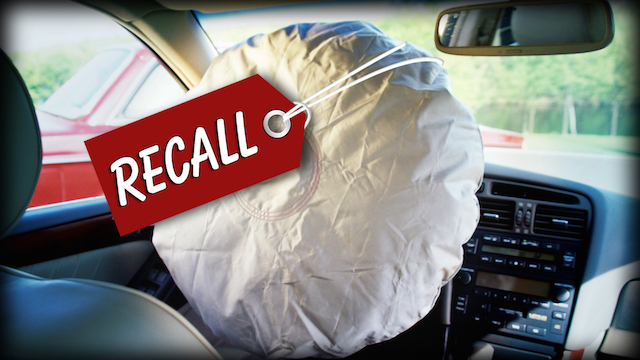
Investigators in the United States have identified ‘moisture and time’ as the possible cause of airbags from Japanese supplier Takata Corporation being triggered abnormally. US motoring watchdog the National Highway Traffic Safety Administration says it will soon announce “significant new steps” in dealing with the growing number of vehicle recalls affected by the apparent fault. “While precise root cause remains undetermined, the clear association with high humidity has suggested that moisture and time are factors in this defect,” said NHTSA spokesman Gordon Trowbridge. Toyota US has already recalled vehicles in states with high humidity, like those in the Gulf of Mexico. It says a build-up of moisture could affect the airbags, although there was no proof. 
first came to light in 2008. Takata also supplies airbags to other Japanese and European carmakers, among them Honda, who said it is preparing to recall some of its vehicles. The Toyota recall affected more than 26,000 vehicles in New Zealand, among them the Corolla, Picnic, Yaris and RAV4. Both driver and passenger side airbags would be checked, said Toyota, although its customer services manager Spencer Morris said he wasn’t aware of any incidents of abnormal deployments. US, Japanese, and German investigators are looking at mechanisms in the Takata airbags that may malfunction, causing them to deploy with such force that bits of the airbag are hurled into the car’s cabin. Takata faces multiple class action lawsuits in the US and Canada, as well as a US criminal investigation and a regulatory probe. A US senator has blamed shrapnel from a fault in the airbags for six deaths in Honda cars – five in the US and one in Malyasia – and at least 105 injuries.
